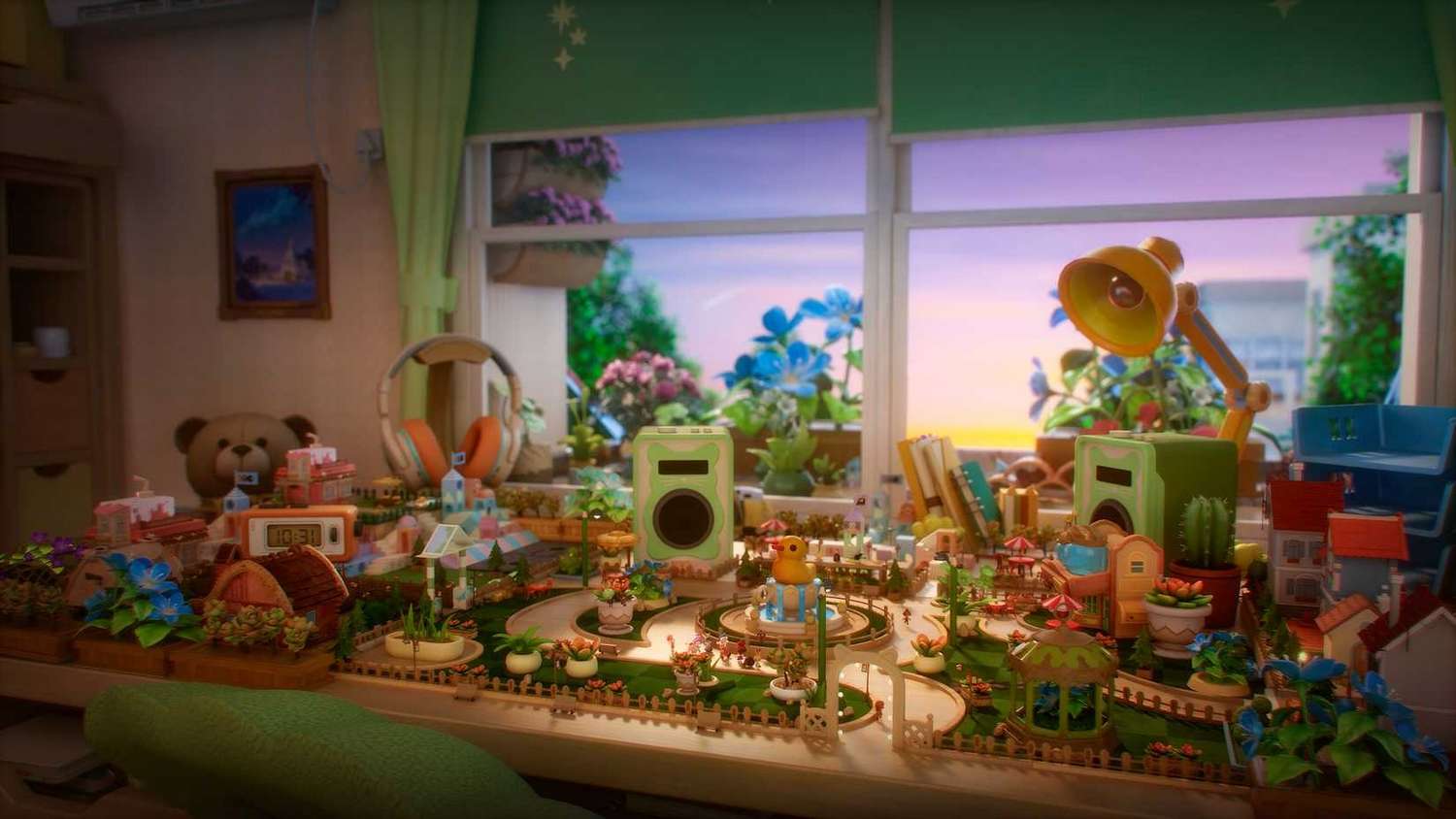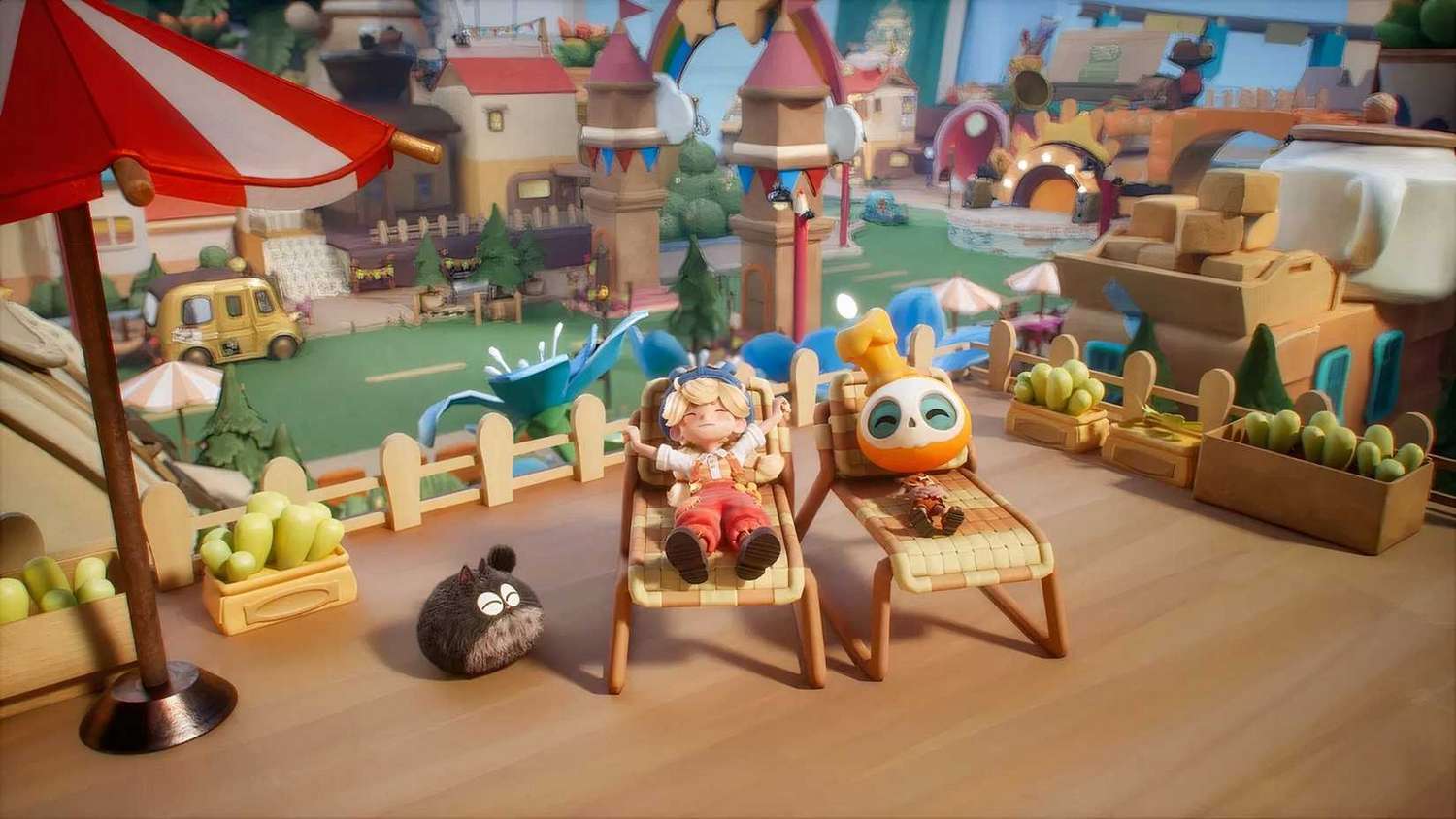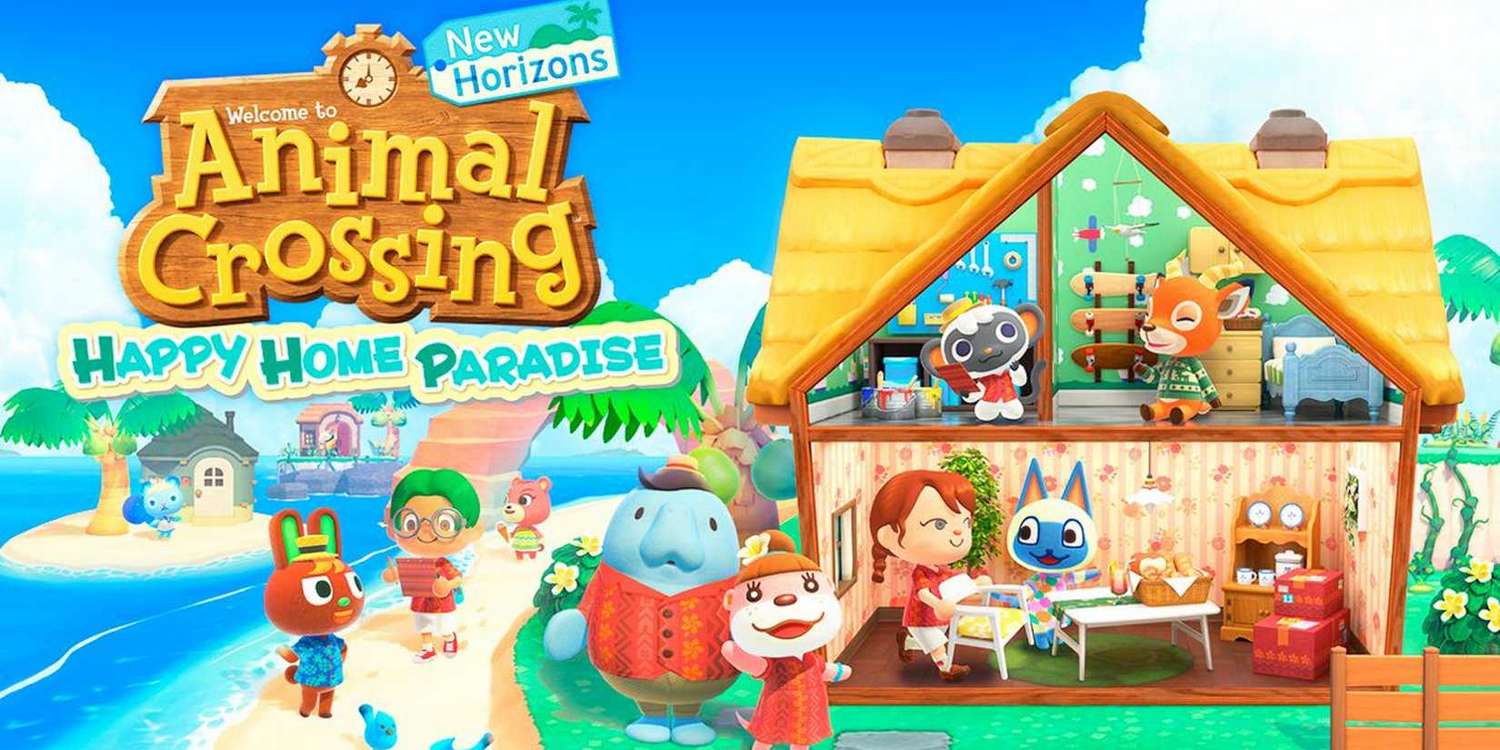The Cozy Crown Contender: Why HoYoverse’s ‘Petit Planet’ Poses a Clear and Present Danger to Nintendo’s ‘Animal Crossing’ Dominance
Popular Now
 R.E.P.O
R.E.P.O
 Genshin Impact
Genshin Impact
 EA SPORT FC 25
EA SPORT FC 25
 League of Legends
League of Legends
 Gacha Club
Gacha Club
 The Legend of Zelda
The Legend of Zelda
 Brawl Stars
Brawl Stars
 Warframe
Warframe
 Free Fire Max
Free Fire Max
 The life simulation game genre, long synonymous with Nintendo’s monolithic Animal Crossing franchise, is facing its most significant challenge yet. The industry is buzzing following the surprising announcement and subsequent reveal of gameplay footage for Petit Planet, a new, unfranchised title from global development powerhouse HoYoverse. While initial reactions focused on the game’s charming, ‘cozy’ aesthetic, a deeper analysis of its platform strategy and developer pedigree reveals a meticulously calculated play that could fracture Nintendo’s near-monopoly on the high-value, highly-engaged market of virtual life simulation fans.
The life simulation game genre, long synonymous with Nintendo’s monolithic Animal Crossing franchise, is facing its most significant challenge yet. The industry is buzzing following the surprising announcement and subsequent reveal of gameplay footage for Petit Planet, a new, unfranchised title from global development powerhouse HoYoverse. While initial reactions focused on the game’s charming, ‘cozy’ aesthetic, a deeper analysis of its platform strategy and developer pedigree reveals a meticulously calculated play that could fracture Nintendo’s near-monopoly on the high-value, highly-engaged market of virtual life simulation fans.
For years, the cozy sim space has seen a steady stream of critically acclaimed but generally niche competitors, from Stardew Valley to Disney Dreamlight Valley. None, however, have possessed the financial backing, cross-platform reach, and massive established user base necessary to truly compete on the same scale as a first-party Nintendo title. Petit Planet changes that equation entirely.
HoYoverse’s Aggressive Multi-Platform Strategy Targets Nintendo’s Achilles’ Heel
The single most potent threat posed by Petit Planet lies in its confirmed multi-platform release. Nintendo’s business model dictates that Animal Crossing: New Horizons remains a Nintendo Switch exclusive. This forced exclusivity, while driving console sales, inherently locks out the vast majority of the global gaming audience: PC gamers and Mobile users. HoYoverse, leveraging its expertise gained from titles like Genshin Impact and Honkai Star Rail, is set to launch Petit Planet across these underserved platforms, with the possibility of further console releases in development.
This cross-platform availability is not merely a convenience; it is a strategic maneuver targeting the most valuable segments of the market. Keywords associated with cross-platform gaming and mobile monetization have demonstrably high CPC (Cost Per Click), reflecting the immense commercial interest in games that can bridge these ecosystems. Nintendo, with its rigid console-first approach, is simply not competing in these high-growth areas.
- Strategic Platform Deployment: Confirmed launch on PC and Mobile, platforms where Animal Crossing has no direct presence.
- Addressing Market Demand: Tapping into the enormous demand for high-quality life-sim games for PC and portable, daily-login mobile games.
- High CPC Keywords: Targeting terms like “best mobile simulation game 2025” and “PC cozy games” for maximum advertising revenue potential.
 Gameplay Refinements and Core Loop Innovations
Gameplay Refinements and Core Loop Innovations
While the aesthetic similarities to Animal Crossing are undeniable—featuring a colorful, community-building core—HoYoverse appears to be focusing on iterating and refining the fundamental gameplay loop to create a more engaging, long-term virtual world experience. Early previews suggest an emphasis on a deeper creation system, extensive resource gathering, and more robust community-oriented experiences than currently offered by the competition. The blend of creation, discovery, and social interaction is a calculated attempt to deliver what many players felt was missing from their island life: persistent, meaningful progression beyond the initial setup phase.
The developers have hinted at a highly customizable experience, potentially moving past the grid-based building limitations often seen in the genre. This focus on innovative gameplay mechanics is crucial for appealing to the discerning video game investment demographic who track titles with disruptive potential.
Furthermore, HoYoverse’s proven track record in integrating compelling, non-intrusive live service models ensures a continuous stream of new content, a critical factor for sustained player engagement—and a challenge that even Animal Crossing has occasionally struggled with post-launch.
 The Verdict: An Unprecedented Threat to Nintendo’s Cozy Kingdom
The Verdict: An Unprecedented Threat to Nintendo’s Cozy Kingdom
It is now evident that Petit Planet is not just another imitator; it is a well-funded, technologically advanced, and strategically positioned challenger designed to capitalize on Nintendo’s platform limitations. By offering a high-fidelity cozy life simulator on the PC gaming and mobile gaming platforms—backed by one of the world’s most successful developers in the Gacha game and live-service space—HoYoverse has created an unprecedented scenario. This is a direct, calculated maneuver to capture market share, not by simply copying a formula, but by deploying a superior, universally accessible distribution strategy.
Industry analysts project a significant shift in player migration, particularly from those who enjoy the genre but do not own a Nintendo console. The battle for the cozy game market is no longer a gentle contest of cute art styles; it has become a serious, high-stakes confrontation between a platform-exclusive giant and a multi-platform titan. The message is clear: the crown for the ultimate virtual life sim is now firmly up for grabs, and Nintendo will need to devise a substantial counter-strategy to protect its long-held dominance.









